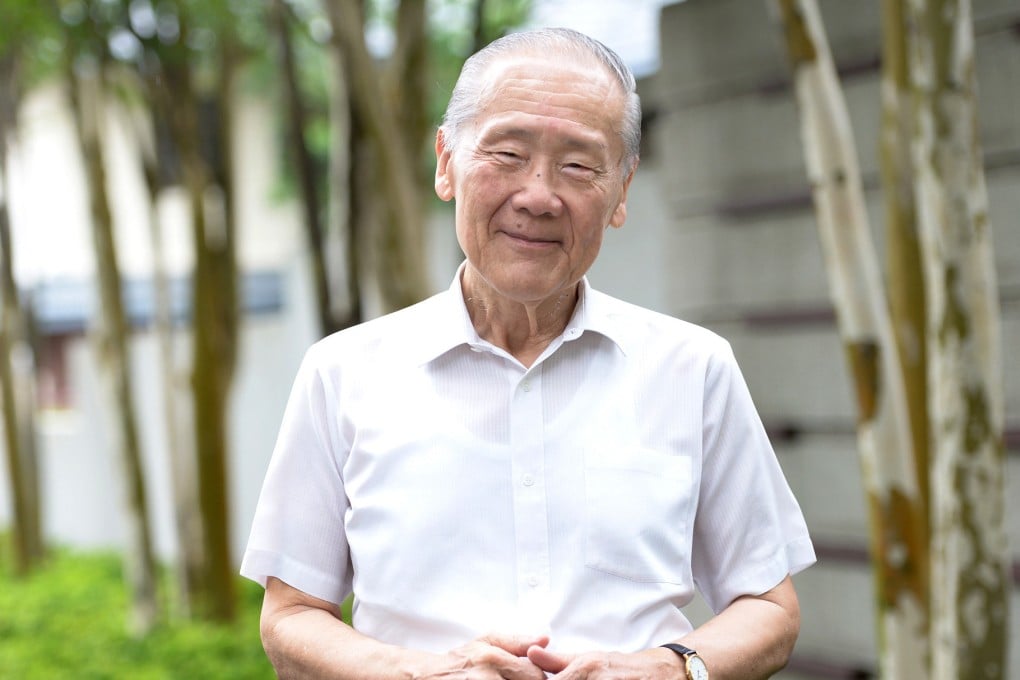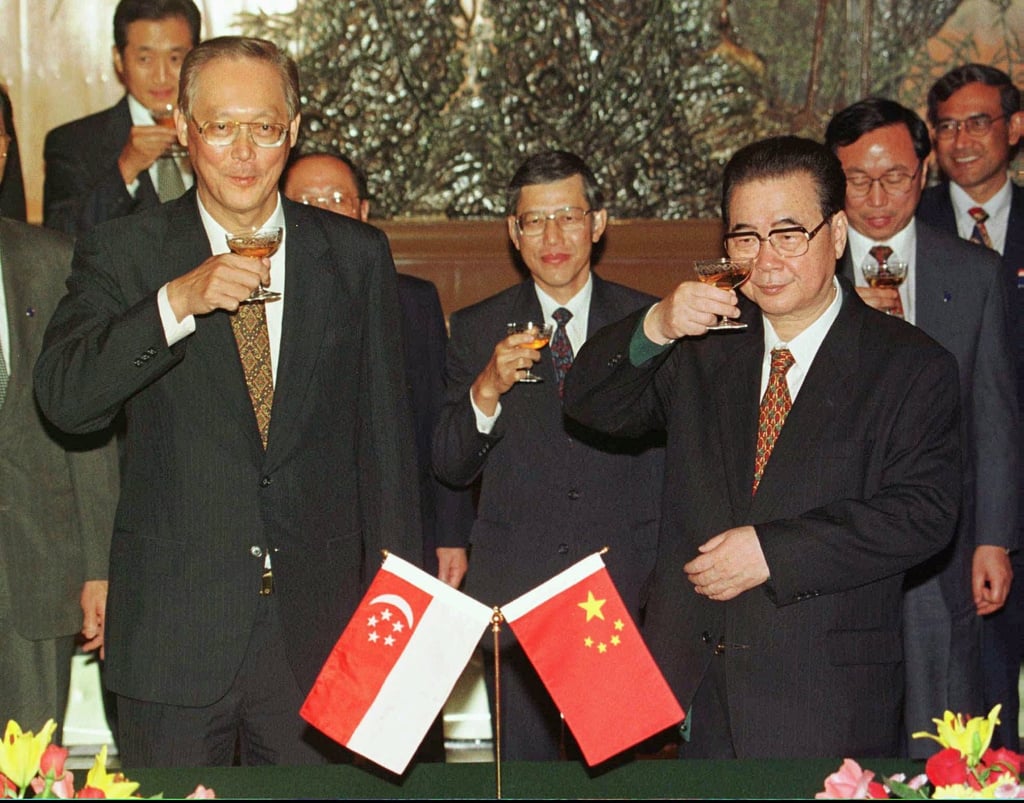Singapore must consider Asean interests in its US-China calculations: Sinologist Wang Gungwu
- A new collection of lectures by Wang explores how Southeast Asia’s local and national cultures have impacted each state’s response to global powers
- In this excerpt, Wang examines how Singapore’s US-China balancing act is critical to regional peace

In Living With Civilisations, a recently published collection of four IPS-Nathan Lectures by Singapore-based professor Wang Gungwu, he explores the civilisations that shaped the history and nation-building process of Southeast Asian states. The following excerpt is from the prominent China historian’s fourth lecture, on Chinese-majority Singapore’s “exceptional conundrum” in balancing its ties with the United States and China.
With this shield, the island-state was enabled to nation-build with a plural society that drew from several living civilisations. From a unique combination of policies and practices, the new state laid the foundations of a first-world nation at the heart of Southeast Asia.
Everyone was conscious that three-quarters of Singapore’s population was of Chinese origin. That had always been a source of unease in the region. Furthermore, no one foresaw the swift rise of China and its turn towards a state-centred capitalism that provided it with the economic power to make it appear as a threat to the United States.

Nobody anticipated that the severely weakened Sinic civilisation could have used its two revolutions to achieve modernisation so quickly. It now claimed to be the successor to a continuous Sinic centralised state. When China also claimed to have drawn inspiration from the same Enlightenment roots as the West, the US began to demonise the Communist Party-led party-state as returning to the ideology previously represented by the Soviet Union. This ignores China’s deep roots in a civilisation that had considered itself central and exceptional for millennia.
